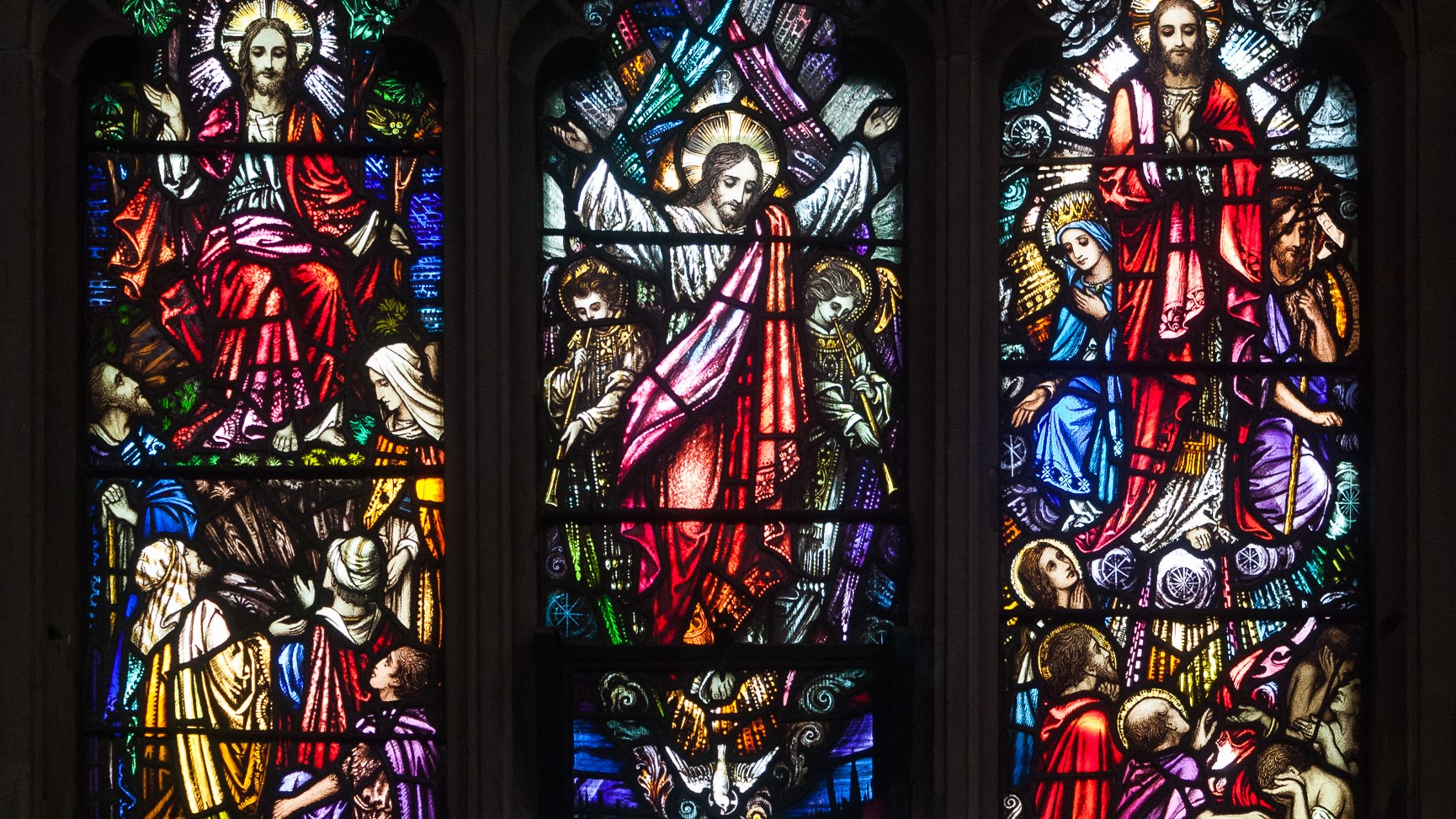
John 17:1-11
Eastertide A26
1 After JesusA had spoken these words, he looked upB to heavenC and said, “Father, the hourD has come; glorifyE your Son so that the Son may glorify you,
2 since you have given him authorityF over all people,G to give eternalH lifeI to all whom you have given him.
3 And this is eternal life, that they may knowJ you, the only trueK God,L and Jesus ChristM whom you have sent.N
4 I glorified you on earth by finishingO the work that you gave me to do. 5 So now, Father, glorify me in your own presence with the gloryP that I had in your presence before the worldQ existed.
6 “I have made your nameR knownS to thoseT whom you gave me from the world. They were yours, and you gave them to me, and they have keptU your word.V
7 Now they know that everything you have given me is from you; 8 for the wordsW that you gave to me I have given to them, and they have received them and know in truthX that I came from you; and they have believedY that you sent me.
9 I am askingZ on their behalf; I am not asking on behalf of the world, but on behalf of those whom you gave me, because they are yours. 10 All mine are yours, and yours are mine; and I have been glorified in them. 11 And now I am no longer in the world, but they are in the world, and I am coming to you. HolyAA Father, protectBB them in your name that you have given me, so that they may be one, as we are one.
Image credit: series of stained glass windows depicting the life of Christ from the Dundalk Saint Patrick Cathedral, Ireland.
